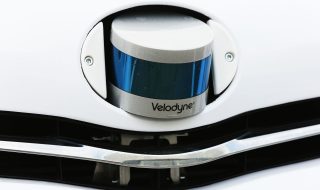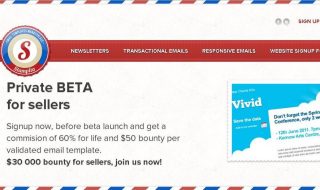
With online services becoming adept at monitoring and analyzing user actions, privacy-focused browsers like Linken Sphere are emerging as the new class of tools designed to mitigate online tracking.
Your digital identity in 2025 won’t only consist of your IP address or email login. Rather, it will be a composite behavioral fingerprint that includes device information, network history, cookies, browser attributes, and more—all being passively gathered by websites and platforms for user authentication, experience tailoring, and fraud detection. For average users, Chrome or Firefox would be sufficient. But for professionals managing multiple accounts, conducting sensitive research, or working in affiliate marketing the balance between privacy and functionality these popular browsers offer is inadequate.
This is where Linken Sphere enters the picture. It’s not just a browser; it serves as an advanced anti-detection ecosystem tailored for users who require high operational confidentiality alongside fingerprint management and meticulous session control. And with Linken Sphere versus a traditional browser, strategic differences abound—it’s not merely cosmetic gaps that set them apart.
The Digital Footprints We Leave Behind
Conventional browsers are made to be useful and synchronized. For example, Google Chrome keeps a history of sites visited, does credential autofills, connects with Gmail accounts, links tabs and sessions, and often shares data across sessions to streamline access for users. However, this level of convenience comes at a cost. Every session captures fingerprints which include:
- Canvas fingerprinting
- WebGL data
- Audio context
- User-agent string
- Time zone
- Language
- Fonts installed
- Screen resolution
Most websites employ these and other parameters to identify visitors for tracking purposes. Advertising networks along with online marketplaces like Amazon and eBay, as well as financial institutions primarily use browser fingerprints to identify flag anomalous activity that diverges from “usual” patterns.
VPNs, incognito modes, or windows set to private browsing will not aid the user in escaping identification—regardless of how many different accounts are being accessed from one device.
Key Features Of Linken Sphere
Focused on anonymity while ensuring security xompromises are unacceptable; Linken Sphere stands out by empowering users to establish completely segregated browsing profiles that offer more privacy. Each profile emulates an entirely distinctive virtual device complete with separate fingerprints, hardware emulation, and browser environment.
Instead of concealing the user’s presence—something most detection systems flag as suspicious—Linken Sphere spoofs realistic digital identities. This includes customizable:
- IP addresses (using residential and mobile proxies)
- Geolocation, including time zones
- WebRTC and canvas fingerprinting
- User-agent strings together with operating system emulation
- HTTP headers alongside SSL fingerprints
This minimizes the risk of account bans, CAPTCHAs, or verification checks while making each session appear as a distinct and genuine user for Google, Facebook, and PayPal.
Indeed, an independent cybersecurity lab in 2024 showed that 92% of test accounts utilizing Linken Sphere were able to circumvent automated fraud detection systems on major platforms. In contrast, only 48% of users employing standard VPNs and Chrome setups were successful.
Applications Outside of Fraud
Although anti-detect browsers have primarily gained popularity for unlawful activities, they are useful to many legitimate businesses now. Digital marketers managing multi-account campaigns, dropshippers operating e-commerce storefronts, and even cybersecurity professionals conducting threat research all rely on Linken Sphere to:
- Avoid being tracked by competitors or targeted advertisements
- Simulate user interaction from various locations across the globe
- Conduct tests on webpages and mobile applications under different devices
- Separate personal data while running client accounts
These tasks would be impossible to achieve with regular browsers. Identity management at this level is only possible through tedious configurations, risky third-party scripts, and constant changes in supported extensions on Chrome or Safari.
Ethics and Compliance
Using Linken Sphere does not breach terms of service but how it is used makes a difference. Meta and Google restrict using deceptive actions so users must ensure that their use (not solely their tools) stays within moral lines.
That said, growing concerns about surveillance, algorithmic bias, citizen rights concerning algorithms, and digital sovereignty steer more professionals towards privacy-augmenting technologies such as Linken Sphere. Its opaque fingerprint safeguards alongside its security-centric architecture make it one of the most effective tools for maintaining operational integrity throughout the scattered internet.
Conclusion: Control Relating to Convenience
For the average internet user, the available browsers provide convenience and routine. However, for specialists who depend on data segregation, multi-account management, or geo-specific testing, Firefox and Chrome are becoming more of a hindrance than help.
Linken Sphere reverses the paradigm from browser-as-tracking-device to browser-as-control-panel. It not only secures privacy but also enables users to shape online presence with defined profiles—and provides control over their digital footprint. That degree of control won’t be optional in 2025 when online identity dominates: it will be foundational.




